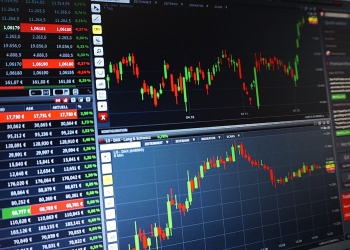In order to keep inflation under control, the government has temporarily halted trading in futures contracts for certain agricultural commodities for a period of one year. In accordance with the notification issued by the Finance Ministry, the trading of seven commodities has been halted with immediate effect. These commodities include non-basmati paddy (rice), wheat (wheat flour), chana (gram flour), mustard seeds and derivatives, soya bean and derivatives, crude palm oil, and moong (gram flour). For a period of one year, the Securities and Exchange Board of India (SEBI) has directed commodity exchanges not to offer futures contracts on the seven commodities in question. According to a SEBI regulation, new positions in these commodities would not be permitted for contracts that are currently in operation. The Securities and Exchange Board of India (SEBI), the country’s market regulator, prohibited futures trading in five further commodities on Monday. The derivative contracts in non-basmati paddy, wheat, soya bean and its derivatives (complex), crude palm oil, and moong have been suspended with immediate effect, according to a notification issued by the Securities and Exchange Board of India.
India Bans International Passenger Flights Till November 30
Also highlighted in the document was the fact that futures trading in “chana and mustard seeds, as well as their derivatives (complex)” had previously been banned “in accordance with SEBI news releases dated August 16, 2021, and October 8, 2021, respectively.”According to the markets watchdog, “no new contract will be opened until fresh orders are received.”In addition, the SEBI added, “It will not be possible to take a new position in the case of ongoing contract negotiations. Only a re-alignment of one’s position will be permitted.”It went on to say that the guidelines would be in effect for one year at a time. With retail or consumer price-based inflation jumping to a three-month high of 4.91 percent in November, this comes at a time when the economy is struggling. Another set of official data revealed that wholesale inflation increased to 14.23 percent in November, up from 12.54 percent in October, according to the figures. Since April of this year, the wholesale price index (WPI) has been in double digits for eight consecutive months.
























